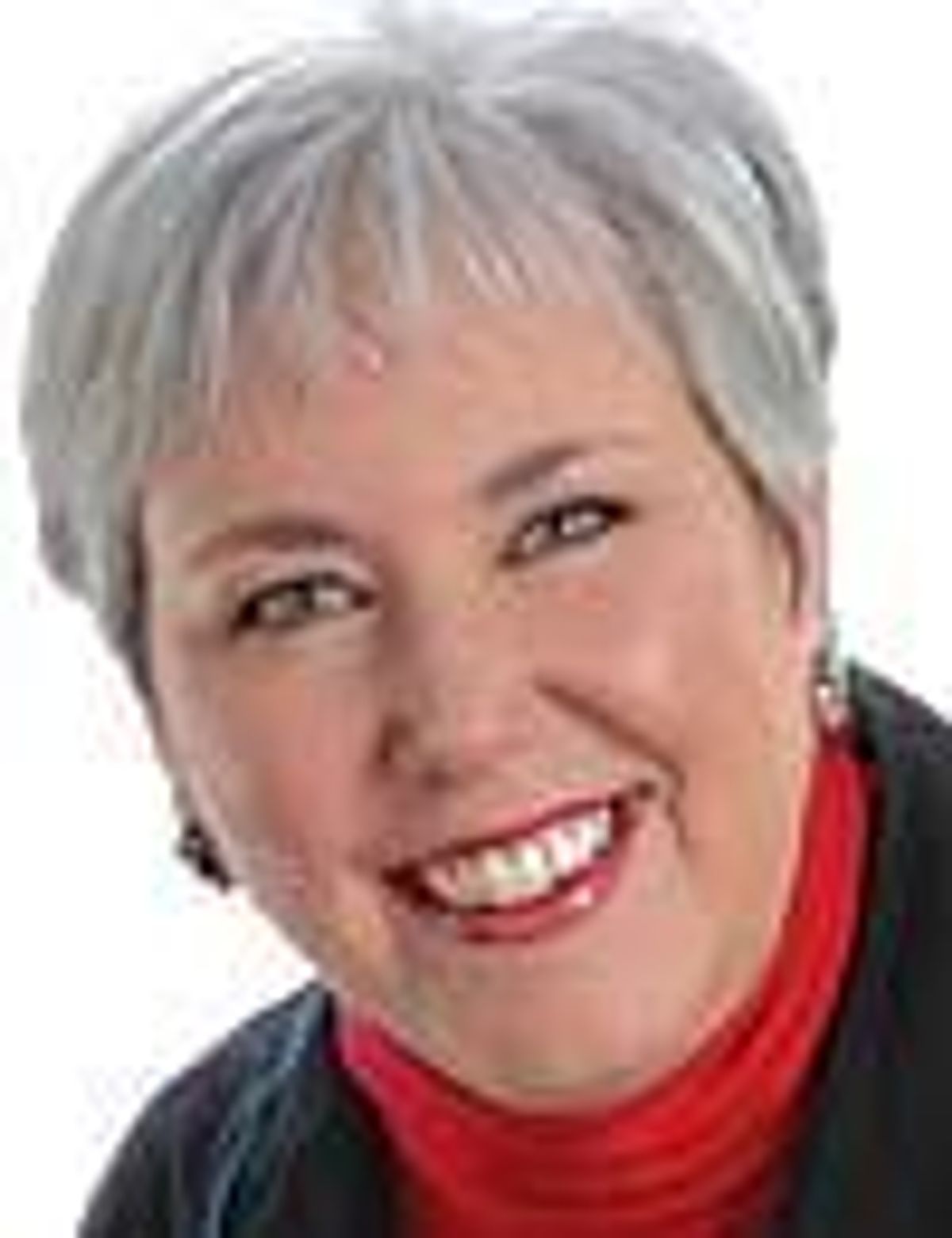A Democratic
Party committee in Montgomery, Ala., on Thursday night
voted to disqualify Patricia Todd (pictured), a gay
candidate for the state legislature, as well
as the woman she defeated in the primary runoff
because both women violated an archaic party rule that
party officials said no other candidate has obeyed
since 1988. The committee voted 5-0 to
disqualify Todd, who was attempting to become the state's
first openly gay legislator; it also disqualified her
opponent, Gaynell Hendricks.
Committee chairwoman Amy Burks said earlier
Thursday that the party's executive committee would
make the final decision and select a nominee for the
seat from Birmingham's House District 54 at a meeting in
Montgomery on Saturday.
State Democratic
Party chairman Joe Turnham was "very surprised" by the
decision, said Zac McCrary, a party spokesman. Turnham
believes the party's executive committee might change
the decision, which was based on an "archaic bylaw,"
McCrary said.
Attorney Bobby Segall told the committee earlier
Thursday that if the party disqualified Todd for not
filing a financial disclosure form with the party
chairman, it would also have to disqualify the party's
nominee for governor, Lt. Gov. Lucy Baxley, as well as
its nominee for lieutenant governor, former governor
Jim Folsom Jr.
"Lucy Baxley is out of here. Just let the
Republicans take over the state senate and the house.
Jim Folsom is out of here," Segall said in an
emotional presentation to the committee. Committee members
announced their decision about two hours after the hearing ended.
Committee members and party officials said the
committee's decision would not affect any other
Democratic Party nominees, such as Baxley,
because the results of other races have already been
certified. Todd defeated Hendricks by 59 votes in the
July 18 runoff election in district 54, a diverse
district that includes some of Birmingham's richest and
poorest neighborhoods.
There is no Republican opposition in the race,
and the Democratic candidate will likely be the
district's next house member, replacing retiring
representative George Perdue, also a Democrat. A challenge
filed by Hendricks's mother-in-law, Mattie Childress,
claimed that Todd filed her campaign financial
disclosure form with the Alabama secretary of state's
office late to hide a $25,000 contribution from a national
gay rights group.
Dennis Dison, a spokesman for that group, the
Gay and Lesbian Victory Fund, issued a statement
Thursday night decrying the committee's decision.
"Patricia got the most votes in two separate
elections--the primary and the runoff--but
party bosses didn't like the outcome, so now they want
to simply handpick a candidate. What happened today in
Montgomery was unfair, undemocratic, un-American, and
unwise," Dison said.
Another Todd attorney, Ed Still, told the
committee that Todd filed her form on July 17, the day
before the July 18 runoff. While the filing was in
violation of a requirement that the forms be filed five days
before the election, Still said the Alabama supreme
court has ruled that candidates can't be disqualified
if they file before the election.
But the attorney for Childress, Raymond Johnson,
said Todd should instead be disqualified for violating
a 1974 Democratic Party rule that requires Democratic
candidates to file financial disclosure statements with the
party chairman five days before the election.
Alabama Democratic Party executive director Jim
Spearman testified that as far as he knew, no
Democratic candidate had filed a disclosure statement with
the chairman since 1988, when the state law requiring
financial disclosure was passed.
Spearman said no candidate this year, including
Todd or Hendricks, had filed the disclosure form with
the chairman. But Johnson said Todd should be
disqualified for violating the rule because the challenge
was filed against her and not against Hendricks. "No
direction has been given to candidates telling them
not to file that report," Johnson said.
Hendricks said after the hearing that she
believes the outcome of the election would have been
different if voters had known the source of some of
Todd's campaign funds. "If her disclosure form had been
filed on time, the public would have had that
information to make a decision on," Hendricks said.
Todd said she believes the challenge has nothing
to do with the fact she is gay but rather is about the
fact that she is white and won in a majority black
district. "Of course if I was black, I don't think
they would have contested the election," Todd said. She
blamed the contest on Joe Reed, longtime chairman of
the state's black Democratic organization, who wrote a
letter before the election urging black leaders to
support Hendricks because of her race and stressing the need
for keeping the seat in black hands.
Segall also alluded to Reed's influence in his
closing statement to the committee. "This is about
race. Folks are upset that a white woman won in a
black district. There are some times you just have to say
this isn't right," Segall said.
Contacted after the hearing, Reed said he was
not responsible for filing the election challenge, but
he said he believes Todd should be disqualified for
violating the party rule. "The rule requires everybody
to file it. The rule doesn't exclude anyone from filing
it," Reed said.
He said Todd should be punished for not
following the rule, because the challenge was filed
against her and not against other candidates. (Bob
Johnson, AP)




















































































